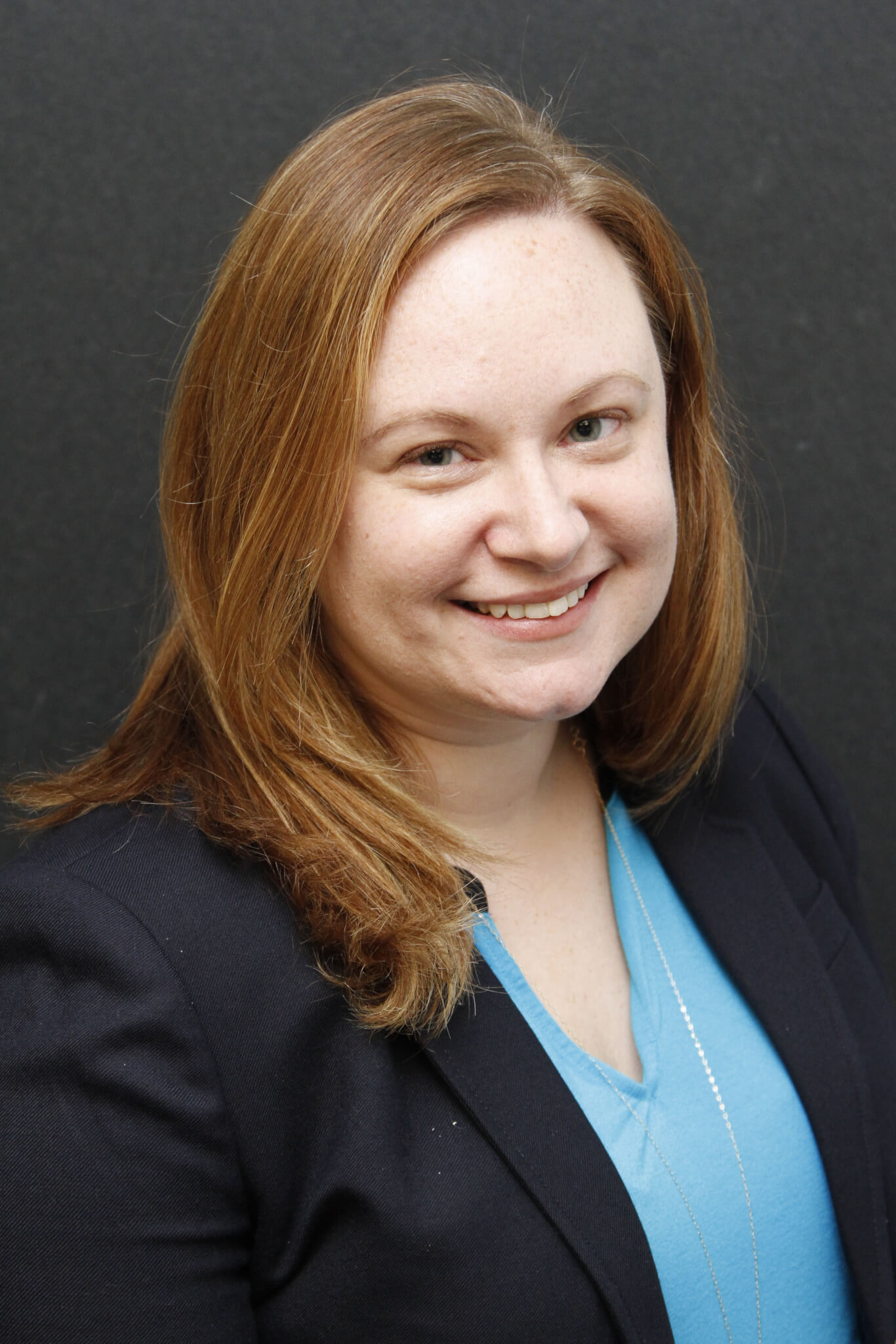By: Ashley Gillen Binder, Sageworks
Do you recall your first few years post-grad? You may yearn for fewer responsibilities (and wrinkles) and more “free” time of ages 22 through your mid to late 20s, or you may remember it less fondly in a small apartment with many roommates and less in the bank. No matter if that time in your life skews positively or otherwise, your career was in a very different place than it is now. Is there career advice that you would give to 24-year-old you? Spend a little more to buy a nicer suit? Take advantage of an employer’s 401k match?
Whether you’re an accountant with five years’ experience or 35, the lessons that you learned early on in your career—especially those bits of knowledge you figured out the hard way—may not be able to turn back time for you, but can most certainly help someone else. A mentoring program—be it firm-run and formal, or self-directed and informal—can be a valuable resource for the fresh-faced new accountants, as well as those more experience.
According to a recent survey by Accounting Today, about 25 percent of all firms polled have some kind of mentoring program in place or will in the New Year. That number tops out at more than half of all larger firms (the Big Four notoriously have standout mentoring programs for new college grads and those new to the company). That’s because mentorship makes sense, particularly at global firms where an employee is more likely to feel like a number and security badge than a valued member of the team. A mentor-mentee relationship fosters a level of friendliness and warmth that may be difficult to achieve in a workplace with several hundred (or even several thousand) people.
But a mentor program can be effective—not to mention welcome—at any size firm.
One of the obvious, yet key, reasons to offer mentorship is that it signals that the firm takes an active interest in its employees. To a mentee, their relationship with their mentor can serve them in whatever capacity is needed for them to grow. Having trouble with a challenging audit? Want to know how to get on the path to partner? Simply sharing a coffee with someone approachable with the opportunity to ask questions and get real feedback can mean the difference between a happy employee and one looking for the door.
On the firm’s side, since recruiting and retaining top talent can be a pain point of big or small workplaces, having a mentorship program in place (or improving a lackluster, existing one) can serve as a key recruitment tool and showcases sociability within the firm. Regular check-ins with junior staff can also help evaluate how likely a person is to succeed at the firm. Is the staffer always looking to learn and improve their performance? Do they take an interest in the company and their clients? While the way a mentee utilizes their mentor and relationship isn’t the only indicator of future success, it speaks well to a solid future.
As a mentor, it’s important to not only keep in mind those questions you may have had about office culture and benefits packages when you were in your early 20s, but also to listen attentively to your counterpart. Be honest in your responses to tough questions without tanking the firm’s reputation or the mentee’s perception of it. By sharing what you’ve learned, the junior staffer can form their own opinion and take from it what they feel they need to reach the next level.
Be it formal or informal, a mentorship program at your accounting firm can work well within the company’s own culture to foster positive work relationships and embrace new and junior staff members. Happy employees are productive ones, in and out of the office.
 Ashley Gillen Binder is Data & Research Manager at Sageworks, where she handles content strategy for the accounting and valuation markets.
Ashley Gillen Binder is Data & Research Manager at Sageworks, where she handles content strategy for the accounting and valuation markets.
Ashley Gillen Binder is Data & Research Manager at Sageworks, where she handles content strategy for the accounting and valuation markets. She has spearheaded strategy for some of the most recognizable brands in the US. She received her degree from the Newhouse School of Public Communication at Syracuse University.